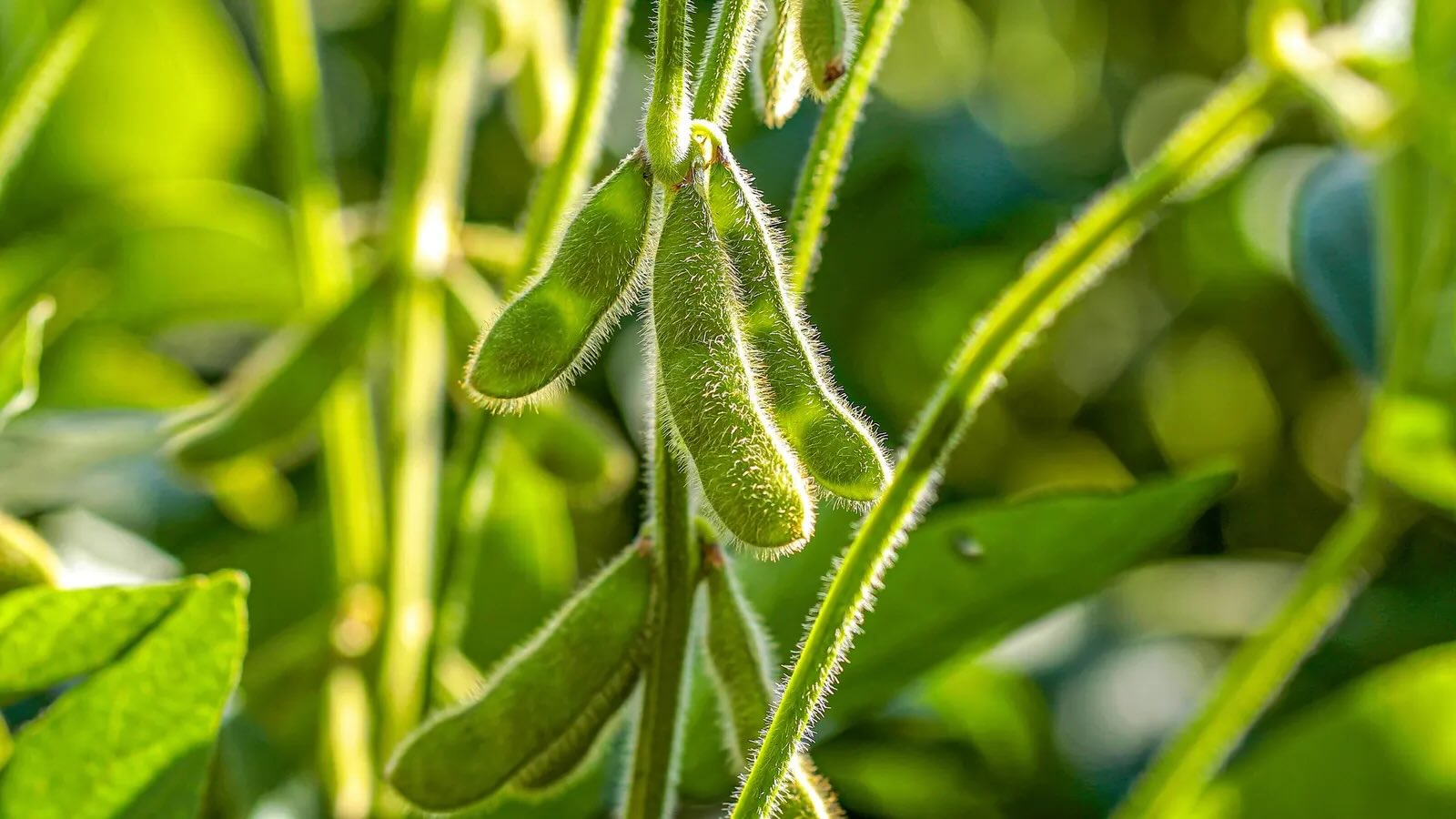
Soybeans are more than just a crop; they’re a powerhouse of nutrition and versatility. Did you know that soybeans are used in everything from food products to industrial applications? These little beans pack a punch with high protein content, making them a staple in vegetarian and vegan diets. But that's not all—soybeans also play a crucial role in sustainable agriculture by fixing nitrogen in the soil, reducing the need for chemical fertilizers. Whether you’re curious about their health benefits, environmental impact, or economic significance, soybeans have a fascinating story to tell. Ready to learn some amazing facts about this incredible legume? Let's dive in!
Soybeans: The Mighty Legume
Soybeans are more than just a crop; they are a powerhouse of nutrition and versatility. Let's dive into some fascinating facts about this incredible legume.
-
Soybeans are native to East Asia. They have been cultivated in China for over 5,000 years.
-
They belong to the legume family. This means they are related to peas, lentils, and peanuts.
-
Soybeans are a complete protein. They contain all nine essential amino acids, making them a valuable protein source.
-
They are rich in fiber. This helps with digestion and maintaining a healthy gut.
-
Soybeans are used to make tofu. Tofu is a popular meat substitute in vegetarian and vegan diets.
-
They are also used to make soy milk. This is a dairy-free alternative for those who are lactose intolerant.
-
Soybeans can be fermented. Fermented soy products include miso, tempeh, and natto.
-
They are a source of isoflavones. These compounds have antioxidant properties and may help reduce the risk of certain cancers.
Nutritional Benefits of Soybeans
Soybeans are packed with nutrients that can benefit your health in numerous ways. Here are some key nutritional facts.
-
High in protein. One cup of cooked soybeans contains about 29 grams of protein.
-
Rich in vitamins and minerals. They provide significant amounts of vitamin K, folate, and manganese.
-
Low in saturated fat. This makes them a heart-healthy food choice.
-
Contain omega-3 fatty acids. These are essential fats that support brain health.
-
Good source of iron. Iron is crucial for transporting oxygen in the blood.
-
Contain calcium. This is important for bone health.
-
Provide magnesium. Magnesium helps with muscle function and energy production.
-
High in potassium. Potassium helps regulate blood pressure.
Soybeans in Agriculture
Soybeans play a significant role in agriculture, both as a crop and as a component of animal feed.
-
They are a major crop in the United States. The U.S. is one of the largest producers of soybeans in the world.
-
Soybeans are used in crop rotation. They help improve soil health by fixing nitrogen.
-
They are a key ingredient in animal feed. Soybean meal is a high-protein feed for livestock.
-
Soybeans are used to make biodiesel. This renewable energy source is an alternative to fossil fuels.
-
They are a source of lecithin. Lecithin is used as an emulsifier in many processed foods.
-
Soybeans can be grown in various climates. They are adaptable to different growing conditions.
-
They have a relatively short growing season. This allows for multiple harvests in some regions.
Environmental Impact of Soybeans
Soybeans have both positive and negative impacts on the environment. Here are some key points to consider.
-
Soybeans can help reduce soil erosion. Their root systems help hold soil in place.
-
They require less water than some other crops. This makes them a more sustainable choice in water-scarce areas.
-
Soybean farming can lead to deforestation. In some regions, forests are cleared to make way for soybean fields.
-
They can improve soil fertility. Soybeans add nitrogen to the soil, which benefits other crops.
-
Soybean monoculture can harm biodiversity. Growing only soybeans can reduce the variety of plants and animals in an area.
-
They can be grown organically. Organic soybeans are produced without synthetic pesticides or fertilizers.
-
Soybeans can be genetically modified. GM soybeans are designed to be resistant to pests and herbicides.
-
They are a renewable resource. Soybeans can be replanted and harvested annually.
-
Soybean farming supports rural economies. It provides jobs and income for farmers and communities.
Soybeans: A Powerhouse of Facts
Soybeans pack a punch in both nutrition and versatility. From their origins in East Asia to becoming a global agricultural staple, these legumes have a fascinating history. They’re not just a food source; soybeans contribute to industries like biofuel, plastics, and even cosmetics. Rich in protein, they’re a key player in vegetarian and vegan diets. Their ability to fix nitrogen improves soil health, making them a farmer’s friend.
Whether you’re interested in their health benefits, environmental impact, or economic significance, soybeans offer something for everyone. They’re a testament to how a single crop can influence various aspects of life. Next time you enjoy tofu, soy milk, or edamame, remember the incredible journey of the humble soybean. This tiny bean has a big story, proving that sometimes, the smallest things can make the biggest difference.
Was this page helpful?
Our commitment to delivering trustworthy and engaging content is at the heart of what we do. Each fact on our site is contributed by real users like you, bringing a wealth of diverse insights and information. To ensure the highest standards of accuracy and reliability, our dedicated editors meticulously review each submission. This process guarantees that the facts we share are not only fascinating but also credible. Trust in our commitment to quality and authenticity as you explore and learn with us.
